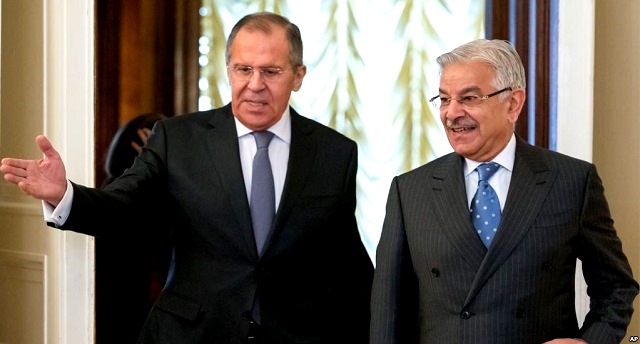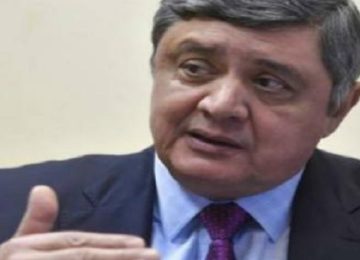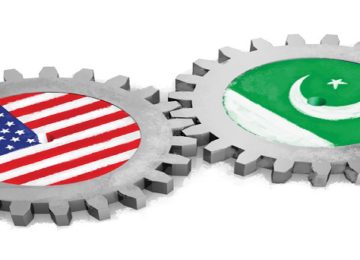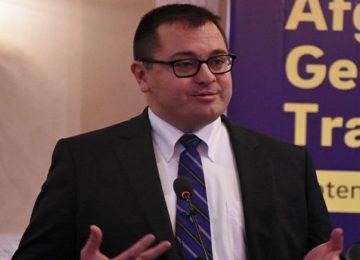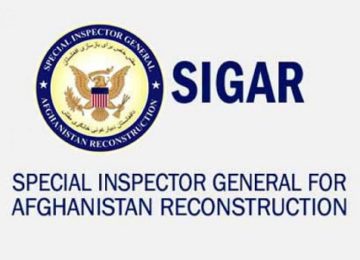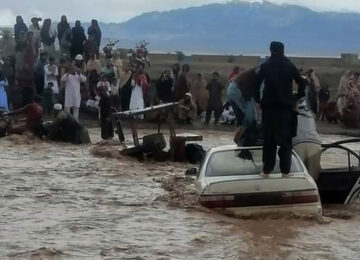The IS presence in northern and eastern Afghanistan is rather serious, according to the Russian top diplomat
MOSCOW, February 20. /TASS/. Military of the United States and NATO has been trying to deny any presence of the Islamic State terrorists in Afghanistan, Russian Foreign Minister Sergey Lavrov said on Tuesday.
“We are alarmed as unfortunately, the US and NATO military in Afghanistan makes every effort to silence and deny [the IS group’s presence in Afghanistan],” Lavrov told reporters after talks with his Pakistani counterpart Khawaja Muhammad Asif.
“We have very serious suspicions over the measures that the NATO coalition in Afghanistan is using to curb this threat,” he noted.
Northern Afghanistan turning into springboard for international terrorism — Lavrov
“According to our data, the IS presence in northern and eastern Afghanistan is rather serious, there are already thousands of gunmen,” Lavrov said. “This increases the risk of the terrorists’ penetration to Central Asia and it is not that difficult to get to Russia.”
Lavrov stressed the need to step up efforts to prevent this scenario. “The Shanghai Cooperation Organization, where Pakistan and India have full-fledged membership, is represented by all key neighbors of Afghanistan and Afghanistan is taking part as an observer at the SCO,” he said.
The SCO’s regional anti-terror body may take steps to thwart the IS growing influence in Afghanistan, Lavrov added.
Lavrov also called for reforming this SCO body so that it could also combat drug trafficking. “Unfortunately, the years-long presence of the US and NATO in Afghanistan has not reduced the terrorist threat, while the drug threat has grown manyfold.”
The Declaration on the Establishment of the Shanghai Cooperation Organization was inked in China’s Shanghai in June 2001 by six founding states – Russia, China, Kazakhstan, Kyrgyzstan, Tajikistan and Uzbekistan. On June 9, 2017 India and Pakistan became full-fledged members of the SCO.
Afghanistan, Belarus, Iran and Mongolia currently enjoy observer status while Sri Lanka, Turkey, Azerbaijan, Armenia, Cambodia and Nepal are dialogue partners.
This piece originally appeared in TASS on February 22, 2018.
Disclaimer: Views expressed on this blog are not necessarily endorsed or supported by the Center for Research and Security Studies, Islamabad.



